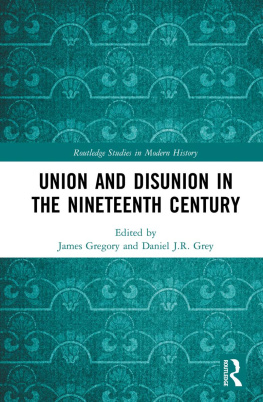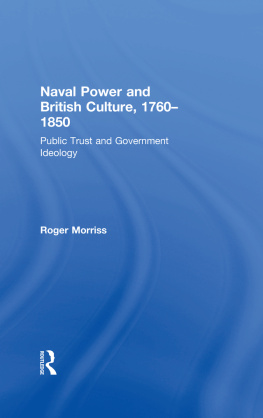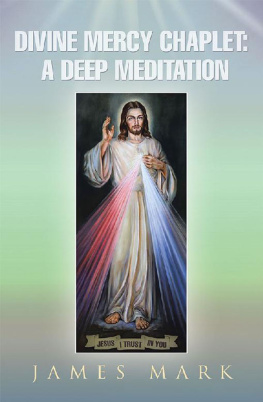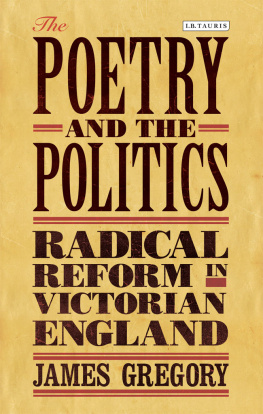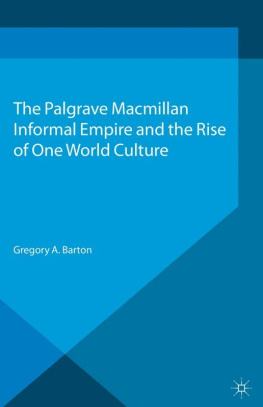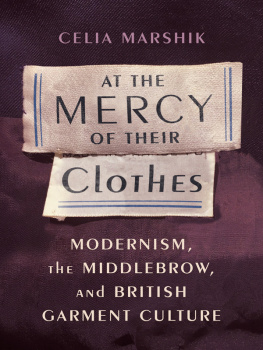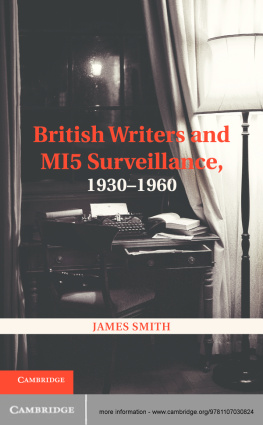This study of British culture through the perspective of mercy began by exploring the monarchys exercise of acts of mercy over the long nineteenth century, in The Throne of Mercy. Here mercy is examined more widely in the British world in the last two and half centuries.
It is a pleasure to thank my colleagues at the University of Plymouth (which granted me a semesters sabbatical during which the project was formed) including Darren Aoki, Harry Bennett, James Daybell, Claire Fitzpatrick, Daniel Grey, Elaine Murphy, Angela Smith and Nick Barnett, who listened to, challenged and responded to my musings on mercy over the years. Richard Huzzey gave invaluable advice on an early draft of a section on mercy and slavery, Xavier Gugan offered telling comments on a paper exploring mercy and empire, and Sam Brewitt-Taylor shared his post-war expertise on British religion. They bear no responsibility for the final work.
Bloomsburys anonymous reader gave me much food for thought at a late stage about the possibility that there was a discernible transition in the story of British mercy towards derision and irony. If I do not agree with this, I recognize the possibility that readers may also see this development in the unfolding chapters. The research was impossible without the digital cornucopias of google.books and archive.org. Apart from collections available through my university, including JISC Historical Texts, British Online Archives and Mass Observation Online, I used specialist archives such as ProQuests Literature Online and British Periodicals Collections III; Gales Nineteenth Century Collections Online, Bloomsburys Churchill Archives, margaretthatcher.org, the digitized records of the Bureau of Military History (Republic of Ireland), Old Bailey Proceedings Online and catalogues and digitized images on the National Archives, Imperial War Museum and National Maritime Museum Collection websites. I am indebted to many other websites for access to: twentieth-century British political speeches, newsreel and film, and projects dedicated to figures such as Charles Darwin (Dr John van Wyhes Darwin Online) and Algernon Charles Swinburne (Indiana Universitys Swinburne Project). Newspaper research depended on British Newspapers Archive, UKPressOnline and the National Library of Australias Trove portal.
I am thankful to all those providers of images and books via eBay or antiquarian bookshops, who made the finding of mercy-related imagery such a pleasure. The two cartoons by Ernest Shepard from Punch are reproduced under licence from Punch Cartoon Library/Topfoto; and I gratefully acknowledge the permission of Ian Wallace to reproduce the two postcards produced by Bamforth of Holmfirth.
For permission to quote from Max Aitkens Success (1921), I am grateful to the Beaverbrook Canadian Foundation. Quotations from Vera Brittain are by permission of Mark Bostridge and T.J. Brittain-Catlin, Literary Executors for the Estate of Vera Brittain 1970. For permission to quote from Arthur Bryants Pageant of England 18401940, published by Harper & Brothers, New York, Arthur Bryants Unfinished Victory, published by Macmillan, and Arthur Bryants Our NoteBook, published in the Illustrated London News, 27 January 1968, I am grateful to David Higham Associates. Quotation from Aldous Huxleys Jesting Pilate is by permission of the Aldous Huxley estate, with thanks to Cora Markowitz at the Georges Borchardt Literary Agency. Extracts are used, with permission, from The Problem of Pain by C.S. Lewis Pte Ltd 1940, and The Humanitarian Theory of Punishment by C.S. Lewis Pte Ltd 1949. Quotations from Mass Observation are reproduced with permission of Curtis Brown, London on behalf of The Trustees of the Mass Observation Archive The Trustees of the Mass Observation Archive. For permission to quote from John Cowper Powyss essay (in The Pleasures of Literature, 1938), I am grateful for the advice from Michael Kowalewski and the Powys Society. Quotations from the speeches of Margaret Thatcher are with the permission of the Margaret Thatcher Foundation. For permission to quote from Rex Warners The Cult of Power (1941), I am grateful to Curtis Brown. For permission to quote from Frances Brett Young, Portrait of Clare, published by Heinemann and The Island, published by Heinemann, I am grateful to David Higham Associates. For permission to quote from Lin Yutangs Between Tears and Laughter (1943) I am also grateful to Curtis Brown. This book, with The Royal Throne of Mercy in 2020, depended on the support given by Abigail Lane and her colleagues at Bloomsbury Academic and the meticulous attentions of Aarthi Babu, Shanmathi Priya Sampath, and their colleagues at Integra Software Services in Pondicherry.
I have left out of the final book for reasons of space, sections such as an exploration of mercys handling in post-war British fiction with the notable examples of its chilling extirpation in George Orwells 1984, Graham Greenes dramatization of the strangeness of divine mercy in Brighton Rock, and J.R.R. Tolkiens The Lord of the Rings on the fateful mercy or pity of hobbits, but also taking in musings such as Arthur C. Clarkes powerful short story, The Star. The book essentially ends in the 1960s. By doing so, much that might demonstrate mercys presence in recent British popular culture, whether in television or the newspaper press, has been left for others to examine.
James Gregory, Plymouth, 2021
The rationale and scope for a history of mercy
This book studies British culture over two centuries through the perspective of the virtue of mercy. The study is grounded in an examination of mercys religious and philosophical treatment from the mid-eighteenth century. As an exercise in cultural history I consider mercys artistic representations which were shaped by, and expressed, ideas about gender, race, and human and non-human nature. Mercy is a political virtue and the book examines its place in Anglo-Irish relations, in responses to the first French Revolution, during colonial rebellion in North America and in the campaign for the abolition of slavery. It explores the roles that mercy played during the Great War, and ends by outlining the varied ways it was invoked in twentieth-century Britain before and after the Second World War.
Why should a historian study mercy and why in this period? After all, while justice has attracted more scholarly attention, there are studies reflecting mercys place in Western culture from the classical age onwards.
Eminent modern thinkers have considered mercy, from the eighteenth-century philosopher Immanuel Kant to the twentieth-century theologian Reinhold Niebuhr, and their thoughts on the topic are debated. Modern mercy has its squads, corps, missions and conferences.
Scholarly interest in mercy is widespread but a detailed history transcending a particular discipline (such as jurisprudence and penology) is needed. Focused on the British world, this book considers mercys treatment in diverse forms and sites. The breadth may be foolhardy. It is banal to observe that this era was constituted by striking intellectual, artistic, political and geopolitical changes. Following a route determined by mercy-discourse offers an unfamiliar yet important focus in British culture. How did conceptions and estimations of one of the gentler virtues respond to sensibility, politeness, Evangelicalism, the Gothic Revival, and the dissolution of atonement theology? How did mercy relate to empire and the ideology of domestic patriarchy? How did it appear in an era of total war and in response to fascist and Communist totalitarianism?



